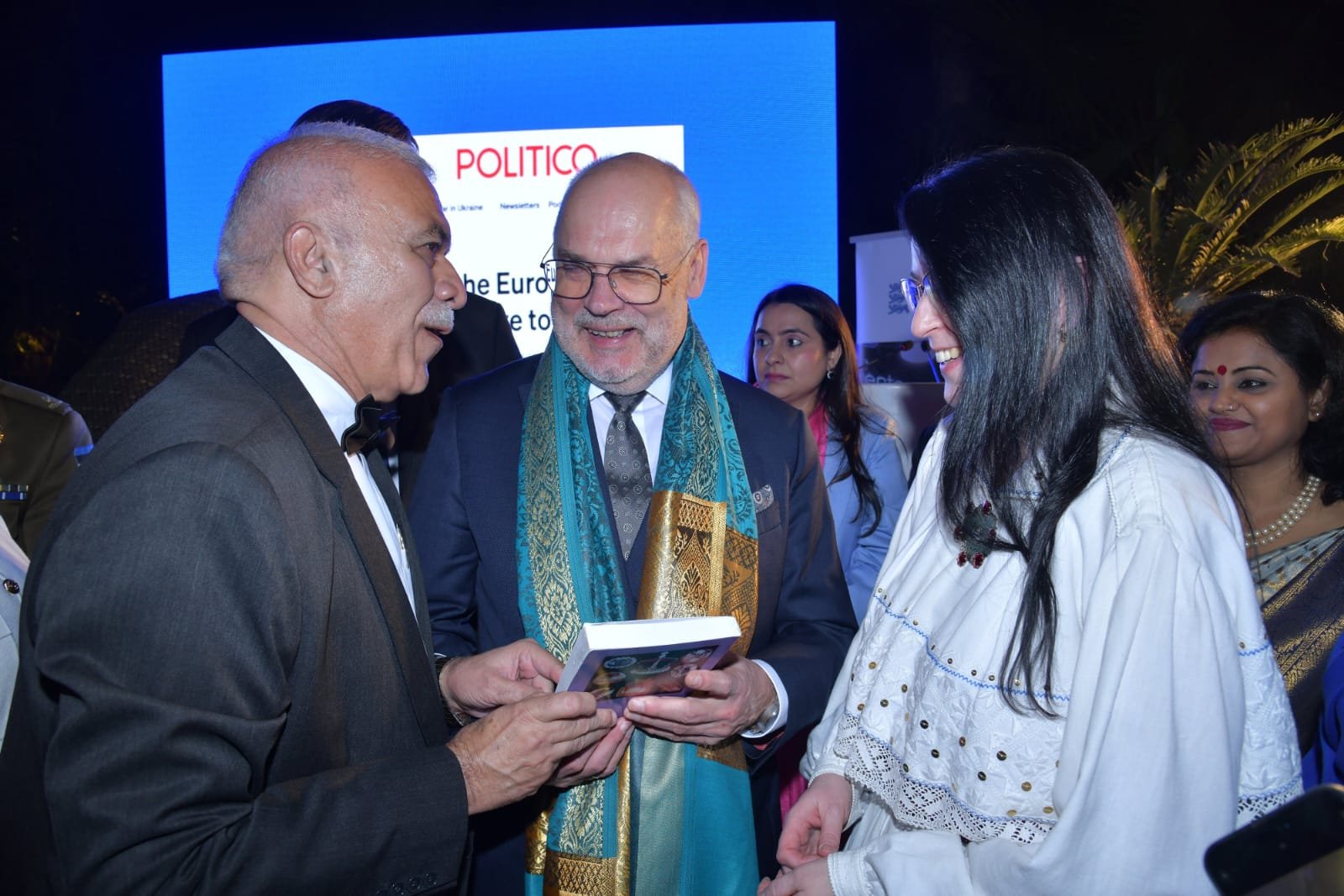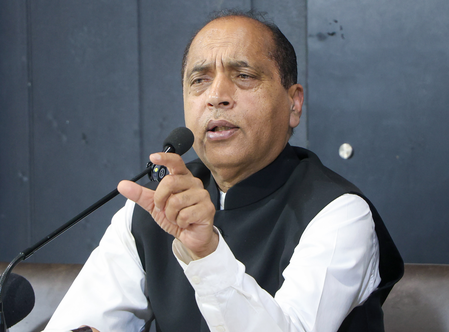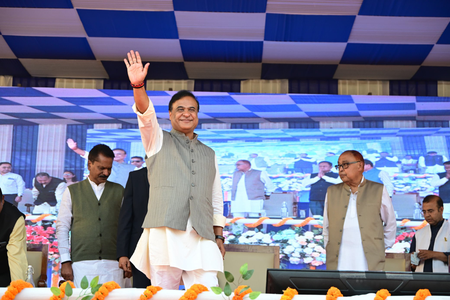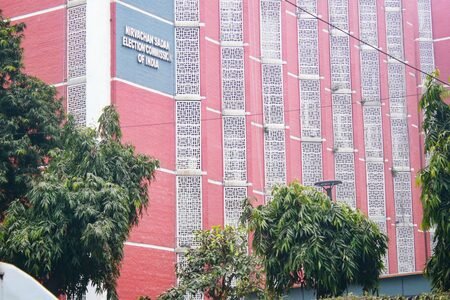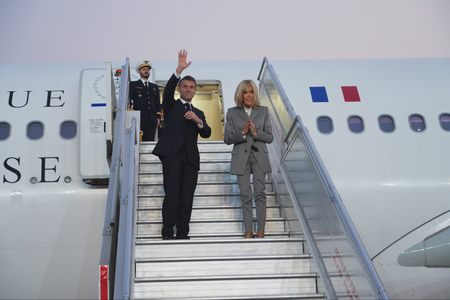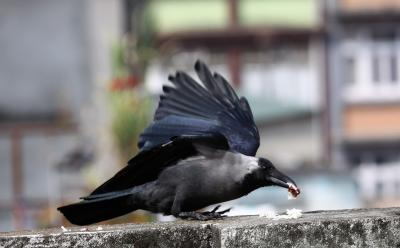
New Delhi, Nov 6 (IANS) As the bickering between the ruling Bharatiya Janata Party (BJP) and the Opposition MPs continues over the Waqf Amendment Bill, the Dawoodi Bohra community has demanded to exclude itself from the purview of the Waqf Board during the Joint Parliamentary Committee (JPC) meeting held on Tuesday.
Senior advocate Harish Salve, representing the Dawoodi Bohra community, underlined the community’s unique doctrines and practices, asserting their need for exclusion from the proposed legislation to safeguard their faith and administration under the al-Dai al-Mutlaq during the meeting.
During the meeting, Salve appeared before the JPC on behalf of Anjuman-E-Shiate Ali Bohra.
Salve cited several decisions of the Supreme Court recognising the uniqueness of the Dawoodi Bohra community and said that the powers of the Waqf Board weaken the fundamental rights of the community.
Salve and other representatives, citing the religious beliefs of the Dawoodi Bohra community and the powers attached to the community’s leaders, strongly argued in the JPC meeting that the Waqf Board should not be allowed to interfere in the properties and affairs of the community. Therefore, the worship lands of the Dawoodi Bohra community should not be included in the properties of the Waqf Board and the right to manage it should remain with the community.
The senior advocate also said that the uniqueness of the Dawoodi Bohra community has not been taken into account even in the Waqf Board (Amendment) Bill, 2024.
In the JPC meeting held on Tuesday, apart from representatives of Akhil Bhartiya Adhivakta Parishad, Anveshak, students, and Madarsa Cell and Mohammad Hanif Ahmed; Associate Professor of AMU, Aligarh, also presented their views on the Waqf Amendment Bill.
According to sources, these organisations also broadly supported the Bill with some suggestions and demands for changes.
However, the ongoing dispute between the ruling BJP and Opposition MPs in the JPC meeting regarding the Waqf (Amendment) Bill, 2024 required the intervention of Lok Sabha Speaker Om Birla on Tuesday.
Opposition MPs from Congress, DMK, Trinamool Congress, Aam Aadmi Party (AAP), and Samajwadi Party, who are part of the JPC, met Om Birla on Tuesday and complained about the behaviour of JPC Chairman Jagdambika Pal.
During the meeting with the Lok Sabha Speaker, the Opposition MPs alleged that the JPC Chairman is arbitrarily calling the JPC meetings, and such people and organisations are allowed to present their views in the JPC meeting who are not stakeholders in the matter.
Opposition MPs also allege that on one hand people and organisations who have nothing to do with Waqf are being allowed to speak continuously, while on the other hand, Opposition MPs are not being allowed to prepare and speak during the meeting.
After meeting Om Birla, AAP MP Sanjay Singh said that a delegation of Opposition MPs met the Lok Sabha Speaker and informed him about the problems being faced during the JPC meetings.
Singh claimed that the Lok Sabha Speaker has assured the Opposition MPs to discuss all the issues and find solutions regarding the Waqf law in the JPC meetings.
Earlier, the Opposition MPs had written a letter to Om Birla, accusing Jagdambika Pal of high-handedness. They also said that if the JPC Chairman continues acting in this manner, unilateral decision is taken and if they are not given a proper opportunity to express their views, then they will withdraw their names from JPC.
However, while talking to the media, Jagdambika Pal rejected all the allegations levelled against him by the Opposition MPs and said that the JPC has been formed largely to hold discussions with all the stakeholders regarding the Waqf law. Therefore, JPC meetings are being held continuously.
The JPC Chairman said that the Opposition MPs who have made allegations are also continuously attending these meetings and as Chairman, he is also giving them ample opportunity to speak.
Around 25 meetings of the JPC have been held so far.
After November 9, the JPC will once again visit various states and hold discussions with various stakeholders related to the Waqf.


